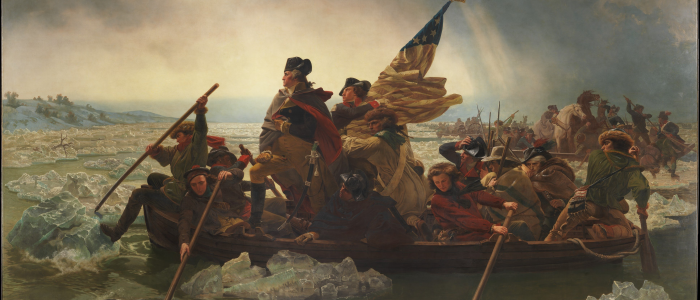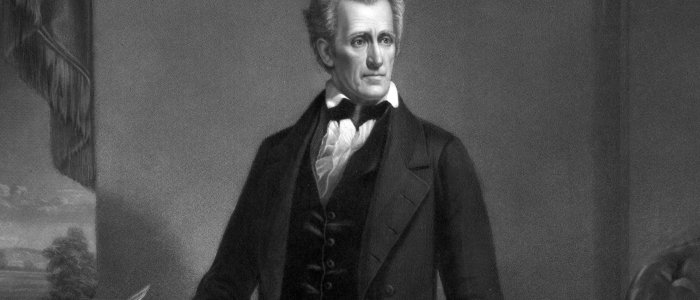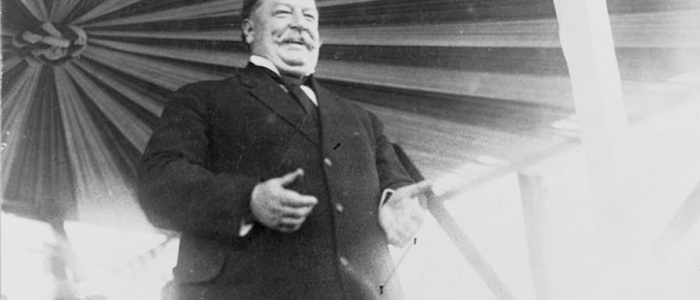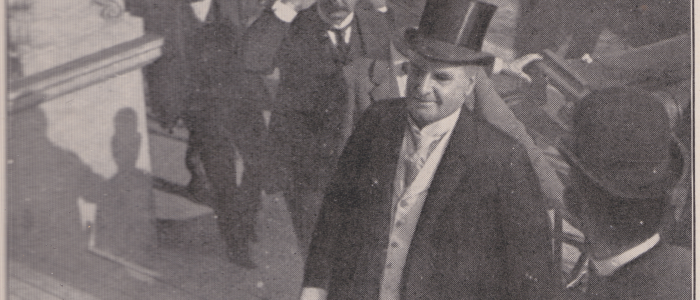I know what you’re thinking. You’re thinking that you really like these Objection! columns, but you wish they were 9216 words long and came with a bibliography. Well guess whose prayers have just been answered? If you happen to be Mark Christensen, then not yours, but pretty much everybody else is golden, since I’ve written a long, detailed rebuttal of his piece calling for conservative-scented big government. An exerpt:
Christensen assumes a set of criteria for determining whether or not a government is "good", which I will grant for the purposes of this rebuttal. He then asks whether big or small government is most likely to be "good". Granted, his very next sentence—"[o]f course, the question is ridiculous"—almost throws the entire thing away; not only is that question not ridiculous, it is the entire core of the argument! If big government does not do a better job of being "good", then what on earth would be its purpose? Surely a smaller, less expensive government capable of achieving the same or a greater level of "goodness" would be preferable; why would one not choose the less expensive means of identically achieving one’s ends?
Having thus thrown away most of his cards, Christensen is left in the unenviable position of having to argue that, while big government may not be more "good" in general, it is obviously more "good" in certain specific circumstances…
Yeah. It’s a pretty thorough shredding of the argument for big government. I go all the way back to the French Revolution to deliver ye olde smack. You can read the full piece on The Zeroth Position; just be aware that, as befits the nature of the publication, it’s less flippant and jokey than you’ve come to expect. No less devastating, though.






